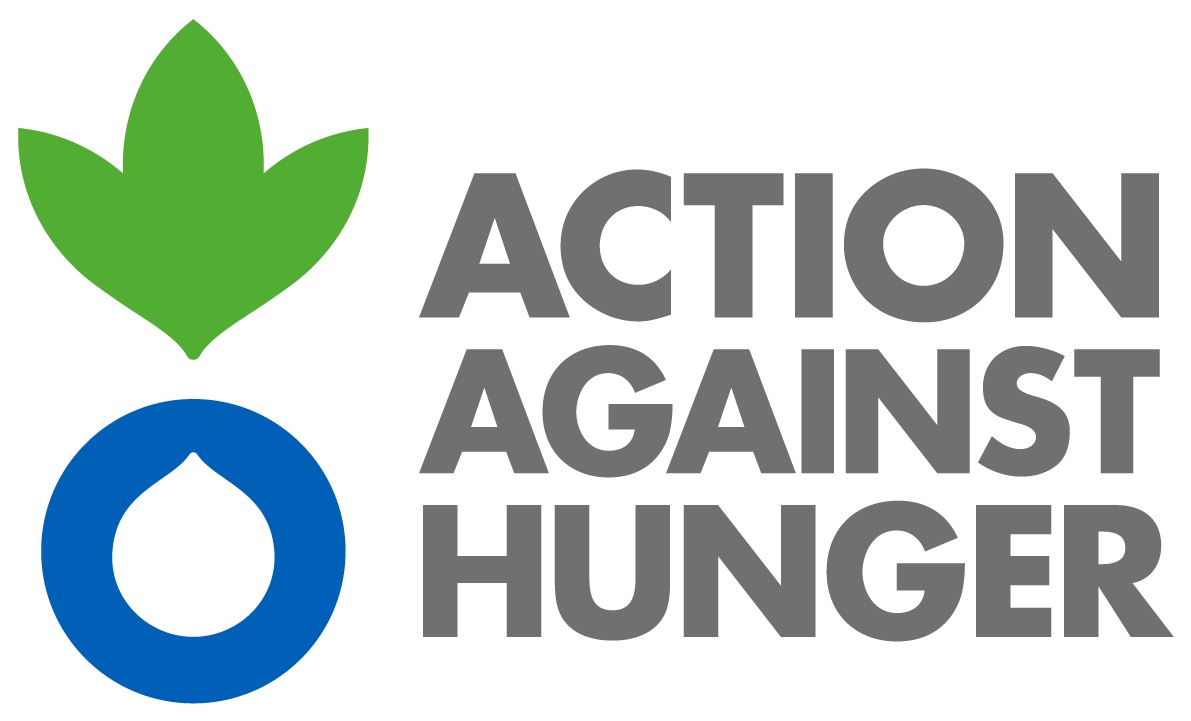Action Against Hunger Announces New Tool to Decarbonize Emergency Response Efforts Across the Nonprofit Sector
Renewable Energies for Assisting Communities (REact) Tool Announced at NY Climate Week

September 23, 2024 /3BL/ - Action Against Hunger today announced the new Renewable Energies for Assisting Communities Tool (REact) at a NY Climate Week event. REact is a free web tool that makes it easy for any nonprofit manager to assess their program’s energy needs and design renewable solutions. REact is the first tool of its kind and was developed by Action Against Hunger with input from 40 NGOs and UN agencies. It is available at no cost to users.
Action Against Hunger announced the tool today at a NY Climate Week event entitled “The Challenge of Greening the Humanitarian Response.” The session addressed the challenges involved in reducing emissions within the nonprofit sector, particularly in challenging settings like disasters and conflict zones, and the potential for tools like REact to help humanitarian organizations shift to more sustainable sources of energy. Panel speakers included: Cristina Ruiz Martinez, Energy Manager, acciona.org Foundation; Carmen Ruiz Garrido, REact Energy Expert, acciona.org Foundation; Ibrahim Mustafa Chico, REact Project Manager for Action Against Hunger.
“Together with our partners, we set out to solve a paradox within our sector. Today, cash-strapped NGOs are working to promote health and sustainability, while running on fossil fuels that are costly, worsen the climate crisis and generate air pollution, which harms human health,” said Ibrahim Mustafa Chico, Action Against Hunger’s Climate Change and Energy Expert and REact project manager, who will speak during the NY Climate Week event. “Yet, planning renewable energy systems can be highly complex, particularly in rapidly changing contexts like disasters and refugee camps. REact is a no-cost, turn-key way to address the challenge.”
REact helps even non-technical managers rapidly assess the energy needs of humanitarian programs and provides technical designs for renewable energy solutions that can meet anticipated demand. The web app handles the calculations and equips users with straightforward guidance tailored to their region’s geography and sector, including health, education, shelter, and water, sanitation, and hygiene (WASH).
While originally developed for mission-critical emergency response operations, the software also can help with planning at the community level. For example, it can be used to design community solar systems or a way to switch from open-fire cooking to electric stoves for vulnerable populations in refugee camps. With the tool, NGOs can easily accelerate efforts to decarbonize everything from hunger relief in Afghanistan to cholera prevention in Zambia. The tool will be fully released at the end of October. The current web version works as a Beta, with some features still under development.
“Using REact can help humanitarian operations reduce greenhouse gas emissions while cutting costs and improving energy reliability since fossil fuels can be unavailable or extremely costly in conflict and disaster zones, for example,” Chico said. “Decarbonising humanitarian programmes also can help to mitigate the harmful effects of local environmental pollution from generators which can be harmful for groups with specific vulnerabilities, who are often most in need of humanitarian assistance.”
Action Against Hunger is piloting REact in Colombia and Mauritania.
About Action Against Hunger
Action Against Hunger leads the global movement to end hunger. We innovate solutions, advocate for change, and reach 21 million people every year with proven hunger prevention and treatment programs. As a nonprofit that works across 59 countries, our 8,900 dedicated staff members partner with communities to address the root causes of hunger, including climate change, conflict, inequity, and emergencies. We strive to create a world free from hunger, for everyone, for good.

